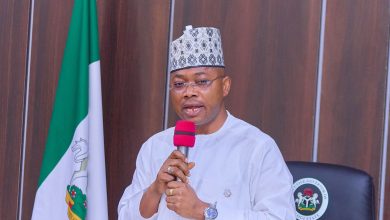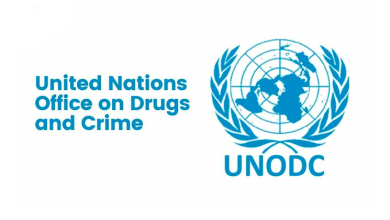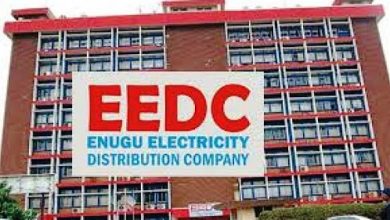Peace Pact in Ogoniland Paves Way for Crude Oil Production Resumption, Boosting Nigeria’s 2.5m bpd
In a landmark development for Nigeria’s oil sector, the Federal Government’s efforts to resume crude oil production in Ogoniland have received a major boost following the successful brokering of a peace accord by Pipeline Infrastructure Nigeria Limited (PINL). This agreement is expected to restore production capacity in the region to approximately 200,000 barrels per day and contributes significantly to the nation’s broader target of reaching 2.5 million barrels per day.
The peace deal was formally signed on Thursday in Port Harcourt, ending decades of violent intra-community conflict in Bodo, Gokana Local Government Area of Rivers State a crucial oil-bearing hub. The area serves as a strategic artery for several oil pipelines, especially the Trans Niger Pipeline (TNP), which channels crude oil to the Bonny export terminal.

Persistent unrest between rival community factions had long undermined oil operations and development opportunities in Bodo. The violent disputes had not only led to loss of lives but also excluded the community from economic benefits like pipeline surveillance jobs and corporate social responsibility (CSR) initiatives. However, PINL’s sustained peacebuilding efforts and dialogue with stakeholders have now yielded a resolution that promises both stability and prosperity.
Key figures in the peace process included HRH King John B. Berebon, the Paramount Ruler of Bodo, political and youth leaders, representatives from the Ministry of Petroleum Resources, the National Security Adviser (NSA), Department of State Services (DSS), and officials from the Project Management Office (PMO).
Hon. Eddie Julius, Special Adviser on Host Communities to the Minister of Petroleum Resources, emphasized the national importance of the deal. “This peace accord marks a turning point. It guarantees safer operations and opens the door for sustainable crude production and community development. The Federal Government is committed to supporting Bodo’s progress,” he said.
He also praised PINL for its leadership in securing the agreement and assured community representatives of the ministry’s continuous support. “Development will only thrive in an atmosphere of peace. This accord lays the groundwork for mutual benefits through job creation, infrastructure, and security,” Julius added.
Also speaking at the event, Young Harry Amakiri, representing the NSA’s Niger Delta Office, highlighted the federal government’s commitment to increased oil production. He warned against sabotage, stressing that any breach of the accord would invite legal consequences. “We are monitoring all activities. Any action that impedes oil production will be treated as economic sabotage,” he warned.
Dr. Akpos Mezeh, General Manager of Community and Stakeholders Relations at PINL, noted that Bodo was the only one among 215 host communities whose surveillance operations were handled by outsiders due to unrest. He said that situation is now being corrected. “Today, we are handing full responsibility for pipeline surveillance back to Bodo indigenes. You will now be accountable and benefit from every opportunity,” Mezeh stated.
The community’s monarch, HRH John B. Berebon, pledged unwavering support for the peace accord and the protection of national assets, particularly the TNP. “I suffered for refusing to compromise the pipeline’s integrity. Today, I stand for peace and development,” he affirmed.
Berebon called on the youth to embrace peace, emphasizing that a stable Bodo was in everyone’s best interest. He also called for sustained engagement with PINL and other government agencies, promising that the community would work closely with them to ensure the security and integrity of oil infrastructure.
Veteran leaders and former Secretaries to the Rivers State Government, Dr. Gabriel Pidomson and Chief Kenneth Kobani, echoed calls for fairness and equity. They urged that Bodo be treated on par with the other 214 pipeline host communities and promised to continue rallying the youth for unity and cooperation.
The event climaxed with the formal signing of a Memorandum of Understanding (MoU) between PINL and the Bodo community leadership, signaling a new era of peace, productivity, and partnership in the once-troubled region. With this pact in place, stakeholders are optimistic that Ogoniland is on the path to reclaiming its place in Nigeria’s oil production narrative.



